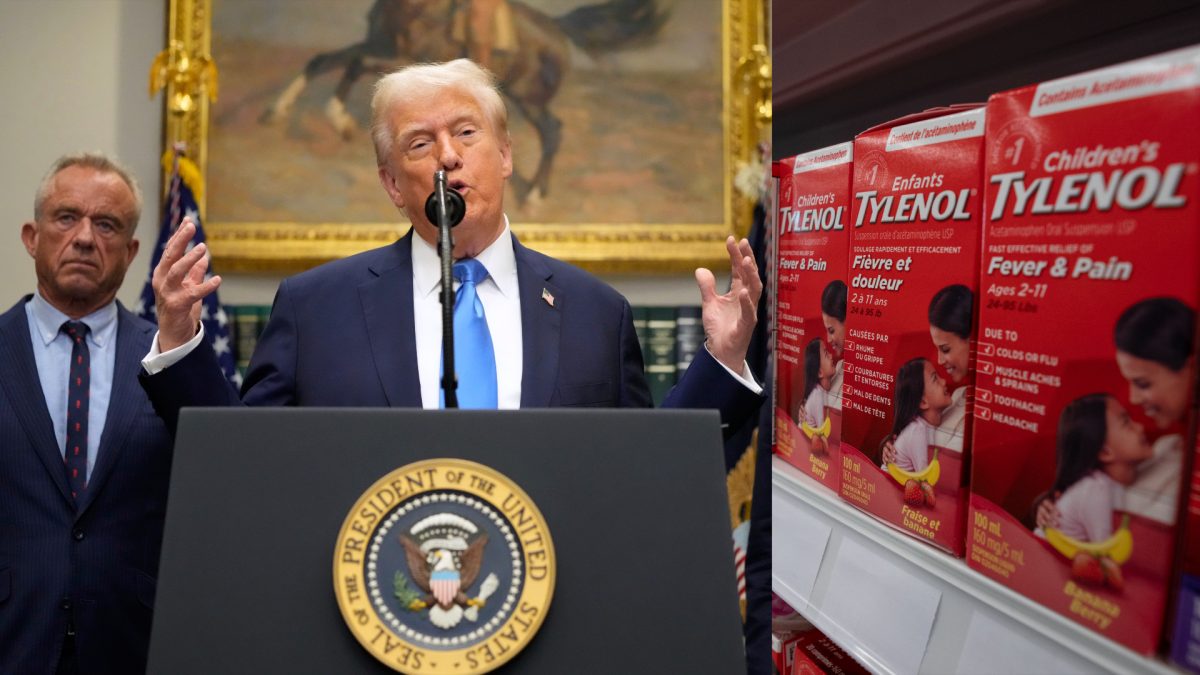The recent deportation flights from the US to Colombia have sparked a diplomatic spat between Colombian President Gustavo Petro and former US President Donald Trump.
The controversy began when Petro refused to accept two US military planes carrying migrants, prompting Trump to threaten 25% tariffs on Colombian exports and other sanctions. At the hearth of the issue is the treatment of immigrants.
Colombian migrants who were deported on earlier US flights reported being shackled during the journey, with some describing the experience as being treated “like criminals”. In response, Petro insisted Colombia would accept the migrants, but only if they were flown on Colombian military planes, which would guarantee their dignity.
The conflict highlights the complex and often contentious nature of international diplomacy, particularly when it comes to issues involving migration and national sovereignty.
While the US has a long history of deporting migrants who entered the country illegally, the treatment of those migrants during the deportation process has become a major point of concern.
The situation also underscores the challenges faced by countries like Colombia, which are often forced to navigate complex diplomatic relationships with more powerful nations like the Us. As the Secretary of State Marco Rubio noted in a recent interview, the US has a responsibility to prioritize its national interests while also working to avoid conflict and promote stability in regions like Latin America.
Ultimately, the conflict over deportation flights highlights the need for greater cooperation and understanding between nations on issues related to migration. By working together to address these challenges, countries like the US and Colombia can build a greater relationship that benefits both nations and promotes security to the people.








